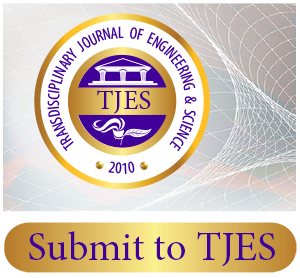Transdisciplinary Shifts in System Paradigm-Driven Disciplines: Mechatronics as an Example
Keywords:
systems science, systems engineering, mega-trends, disciplinary shifts, stages of evolution, mechatronics, changing offerings, main impacts, holistic reasoning model
Abstract
This paper analyses the multi-faceted development process of system paradigm-driven disciplines (SPDDs) and interprets its drivers, stages, offerings, and impacts of the disciplinary shifts. Due to the extreme broadness of the field, the authors could not consider all pertinent scholarly domains. Instead, they placed mechatronics into the focus of their study, collected evidence from this wide-ranging and highly integrative field of engineering, and used it to underpin their reasoning and propositions. After introducing the topic, goals, and approach, the paper includes an interpretational intermezzo to reduce the conceptual and linguistic Babel associated with modern system science, particularly artificial intelligence in systems. As major drivers behind the observable scholarly changes, the trends of (i) scientific convergence and divergence, (ii) technology integration and synthesis, (iii) paradigmatic nearing of engineered systems, (iv) growing level of cognitive abilities, and (v) multi-faceted socio-ecological embedding have been identified. The authors propose that specific stages and offerings can be found in the development process of most SPDDs (in particular, in mechatronics). Their position is that all implications of the disciplinary shifts can hardly be considered due to the wide variety of the application fields and the diverse functionalities. The authors propose a novel reasoning model concerning the scholarly fields enabling SPDDs. Based on transdisciplinary epistemology, this model identifies the operational knowledge spaces and their relationships that characterize, among many others, mechatronics, cyber-physical systems, and artificial intelligence-based problem-solving systems.
Published
2025-05-29
How to Cite
Horvath, I., & Ábrahám, G. (2025). Transdisciplinary Shifts in System Paradigm-Driven Disciplines: Mechatronics as an Example. Transdisciplinary Journal of Engineering & Science, 16. https://doi.org/10.22545/2025/00276
Issue
Section
Articles


